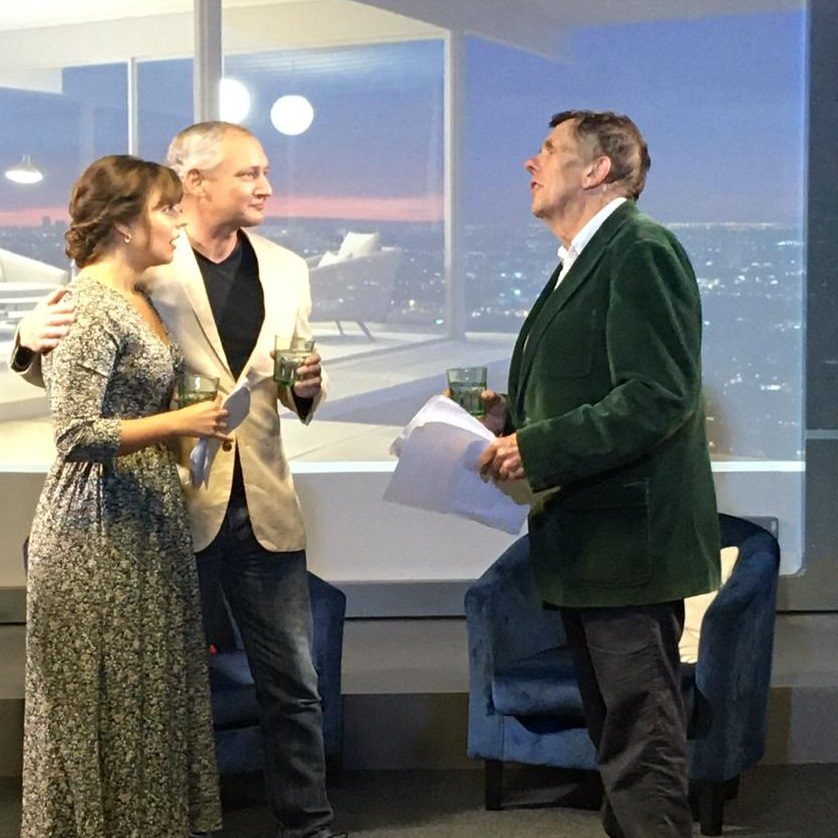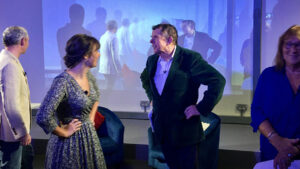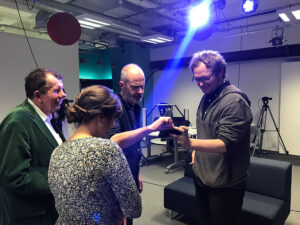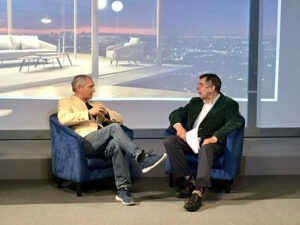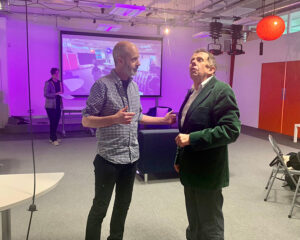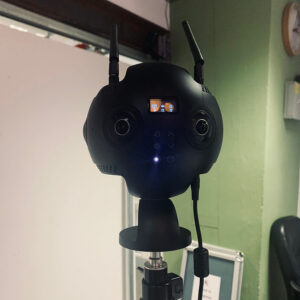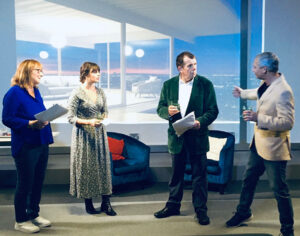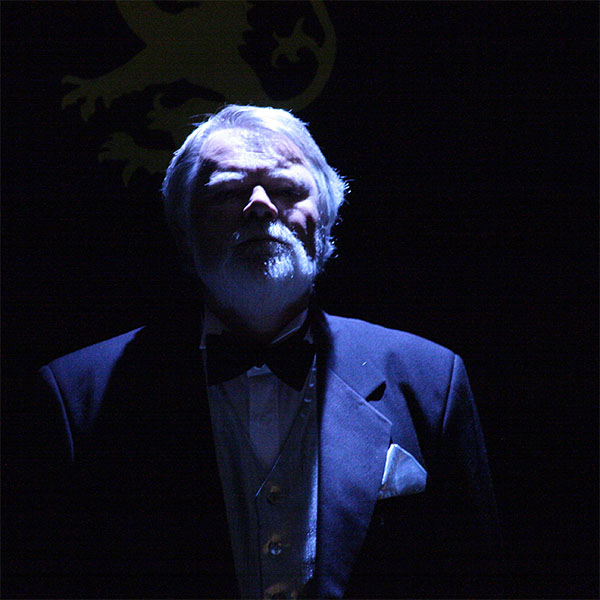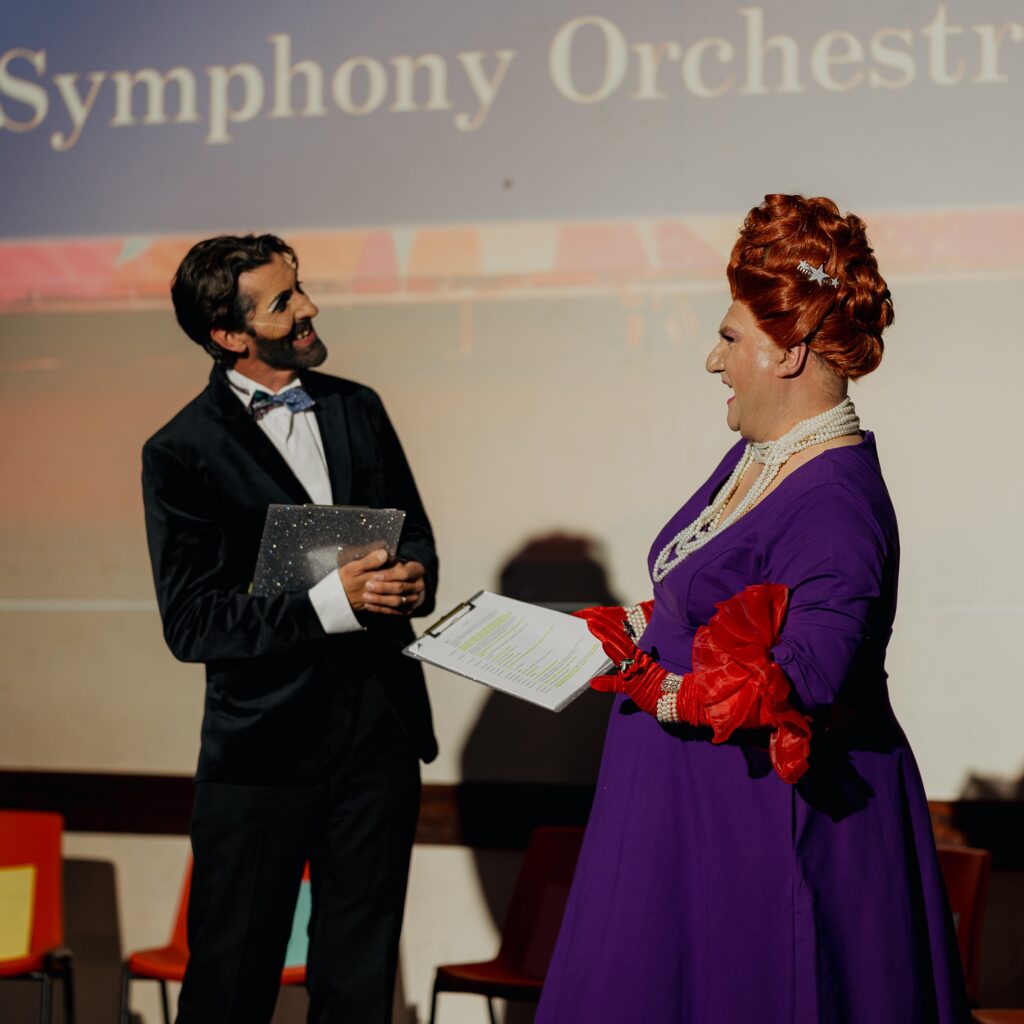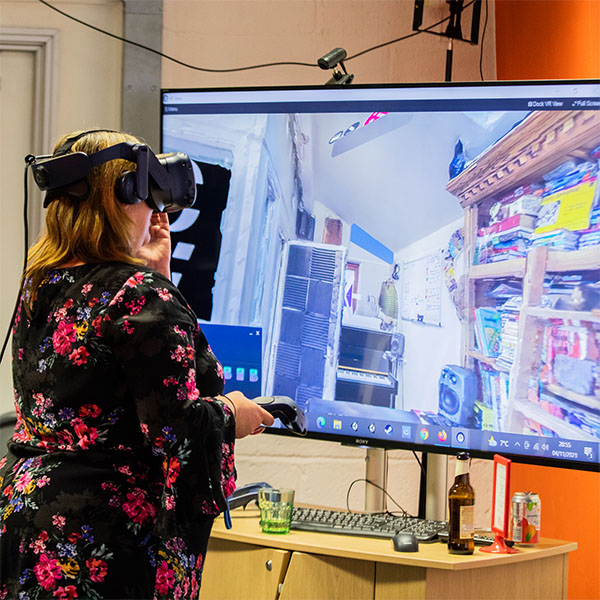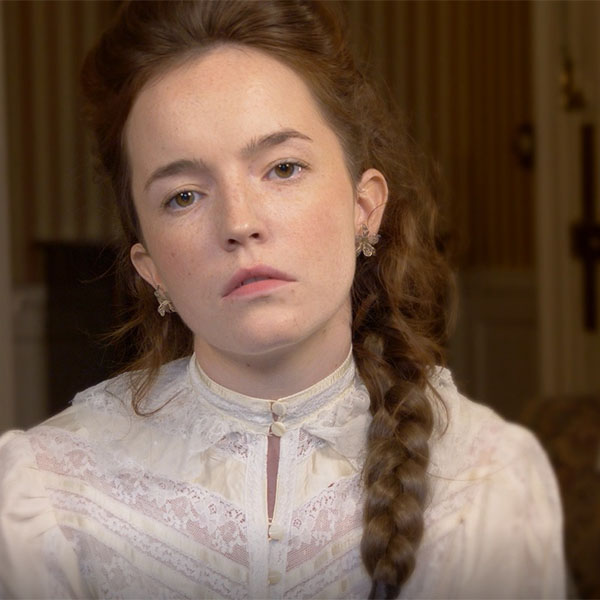The play
At the height of his success, moving into his new mansion with his new wife, media tycoon John is dwelling on his past and how he will be judged by future generations. In an attempt to control his legacy, he persuades his younger brother to write his biography. But when John revives his wife’s career by embroiling his TV presenter neighbour in a scandal, long-buried tensions between the brothers threaten to topple his empire. Can John keep control of the players in his game?
The more I reflect on this play, the more I’m convinced it brings a fresh perspective to the human dilemma.
Fringe Guru
First performed at Brighton Fringe Festival, where it was well-received by audiences and critics, the play is about storytelling – the high-value stories that generate clicks and sell papers, and the ones we tell ourselves to make sense of our lives. Featuring a film-within-a-play, and with characters involved in biography, film, acting, social media, TV shows, newspapers, and even poetry, the play shows that although the media industry gets most of the blame for distorting facts, every method of presenting a story to an audience can involve manipulation or lead to misunderstanding.
360 Immersive Film
The play works on stage in front of a live audience. But there is another possible format for this story, that fully delves into its theme and allows the audience into the narrative and become aware of their effect on it. Filming the story as an immersive 360 film was an intriguing choice as a medium with the potential to add another layer and draw people further in.
In collaboration with Fusebox – a hub for digital innovators and creative entrepreneurs in Brighton – we filmed the first section of the play with a 360 camera. I experimented with new methods of writing for this immersive medium, adding a framing device to the plot while keeping the central part of play intact.
The experienced actors – Justin Hayward, John Locke, Jenny Knight and Kirsten Callaghan – were keen to investigate the exciting possibilities of 360 film, and adapted their performances style to suit. Chris Chowen and Chandler Dagg from Fusebox helped to capture and edit the footage.
The viewer wears a VR helmet to watch the edited scene, with the ability to experience everything going on around them. Although they are still essentially an observer, at times they are spoken to by the actors, and gradually come to realise that they are in fact a character central to the action of the story and its outcome.
The play can continue to be produced as it is, on stage, while there are possibilities for a full immersive 360 film version, viewed either as a full film or with each scene as a separate episode.
